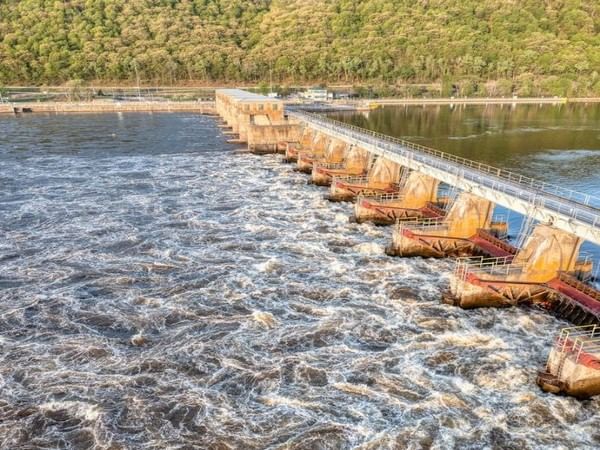New York [US], January 6 (ANI): An international team of researchers has demonstrated for the first time how artificial intelligence can be used to develop sustainable hydropower across the entire Amazon basin, which stretches across South America.
The study demonstrates how computational advances using AI can identify dams that are likely to be particularly harmful, as well as lost environmental benefits from the basin’s 158 existing hydropower dams, which were built without coordinated planning that considered their cumulative negative effects.
Published in the journal ‘Science’, the study shows how artificial intelligence can be applied to other renewable energy projects as societies around the world seek to transition away from fossil fuels.
Cornell University biologist Alexander Flecker and Cornell computer scientist Carla Gomes co-led the project, which considers six socio-environmental criteria for optimization of the more than 350 proposed hydroelectric dams in the Amazon basin: river flow; river connectivity; sediment transport; fish diversity; greenhouse gas emissions; and energy production.
“AI is being used by Wall Street, by social media, for all kinds of purposes,” said Gomes. “Why not use AI to tackle serious problems like sustainability?”
This research emphasizes the importance of strategic planning at the scale of the entire Amazon basin, and pushes the frontiers of the work Gomes and Flecker published in 2019 that sought to optimize selection of dams in the Amazon basin with respect to lowering greenhouse gas emissions. This work is substantially more ambitious in providing insights about the largest and most biodiverse transboundary river basin in the world, which spans eight countries, and shows why international cooperation is important for basin-wide planning in the Amazon.
The paper features a total of 40 co-authors from more than two dozen academic institutions in the U.S., Europe and South America, along with NGOs including The Nature Conservancy and the Wildlife Conservation Society.
“What makes this work special is that we’re bringing together so many different areas of expertise, and real Amazon experts, in areas such as ecology, fisheries biology, hydrology, social science, and computer science and AI,” said Flecker. (ANI)
This report is auto-generated from ANI news service. ThePrint holds no responsibility for its content.



